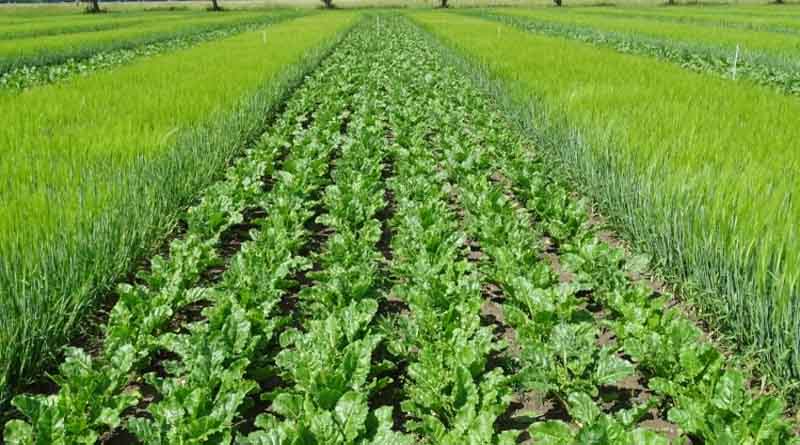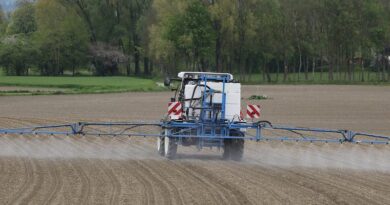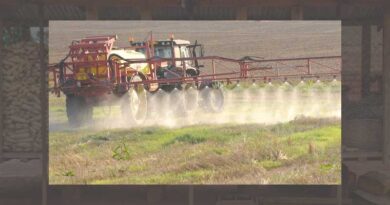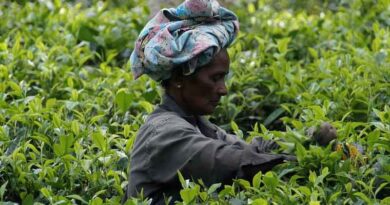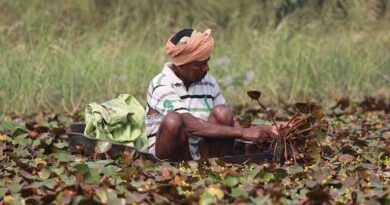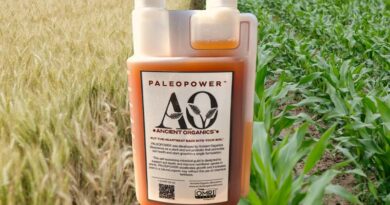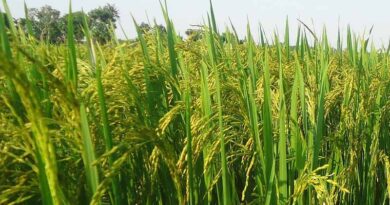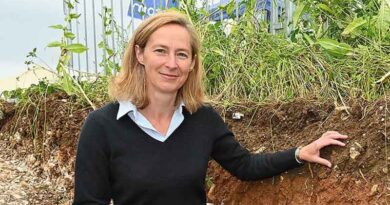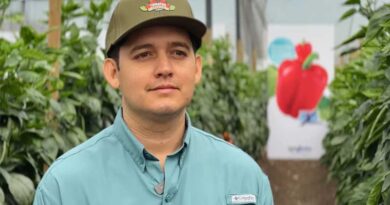Full short-term ban on glyphosate could be counterproductive
12 October 2023, EU: A complete ban on the use of glyphosate in agriculture in the short term will lead to farmers more frequently using other pesticides and also non-chemical alternatives that, on balance, are not necessarily better for humans, the environment, soil life and the climate. This is what agronomist field researchers from Wageningen University & Research warn in a memorandum prepared at the request of the Dutch parliament’s committee on Agriculture, Nature & Food Quality. The reason for this request is the European Commission’s proposal to extend the authorisation of glyphosate by 10 years. EU member states must decide in the coming months whether to agree to this proposal.
The authors of the memorandum conduct a lot of practice-based research on making agriculture more sustainable and, together with colleagues from other disciplines, are also committed to reducing the use of glyphosate and other plant protection products. In response to the question of whether or not to extend the authorisation of glyphosate within Europe, the committee on Agriculture, Nature and Food Quality asked them to explain the usefulness of glyphosate from an agricultural perspective. The committee also wanted to know which alternatives (chemical and non-chemical) were available and how WUR’s experts assessed the pros and cons of these alternatives.
Current alternatives not necessarily better
The main message of the prepared memorandum is: glyphosate scores better from an agricultural point of view and in terms of feasibility of investments in money and manpower than the current alternatives. In addition, many of the existing chemical alternatives to glyphosate are not necessarily better for humans and the environment. Moreover, many of the current non-chemical alternatives (e.g. ploughing) are more unfavourable to soil life and climate change mitigation.
In their note, the experts emphasise that they are not advocating the widespread use of glyphosate, but that they fear that banning the herbicide completely in the short term may not necessarily be an improvement. Their expectation is that growers will initially switch to other existing chemical alternatives, which are agriculturally less effective and will therefore be used more intensively.
Location- and plant-specific approach
“In doing so, we will achieve the opposite of what we want to achieve for society, namely less use of herbicides,” says Pieter de Wolf, senior field researcher and also project leader of Farm of the Future, a project in Lelystad by WUR that aims to help arable farmers make their operations more sustainable. “At Farm of the Future, we do not exclude glyphosate and other crop protection products a priori, but only use them if there is no good alternative. In doing so, we prefer location- or plant-specific approaches using agents with the lowest environmental risks. In the process of application, we aim for minimal emissions. This strategy gives us a big reduction in resource inputs and environmental risks, although there are differences between years.”
Further development of technology
De Wolf and his colleagues therefore outline that if we want to quickly and firmly reduce the use of herbicides such as glyphosate, deployment on targeted, location- or preferably plant-specific application is most effective. At the same time, they also note that the technology for this is not yet sufficiently developed nor widely available to farmers.
“This therefore requires additional commitment to the development and application of technology that, for example, can use cameras, sensors and Artificial Intelligence. In doing so, it is crucial that a number of effective herbicides with relatively low environmental risk remain available for these applications, such as glyphosate. It is also important that non-chemical methods, whether mechanical, thermal, electrical or optical, are further developed and tested. However, a concern with those alternatives is the energy requirement and the impact on soil. “
De Wolf will explain the memorandum in a roundtable discussion with the chamber committee on 4 October. WUR researcher Violette Geissen will also join the roundtable discussion. She is a professor of soil degradation and land management at the Environmental Sciences Group, researching the environmental health effects of pesticide residues.
(For Latest Agriculture News & Updates, follow Krishak Jagat on Google News)

